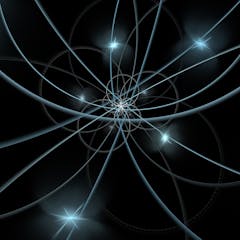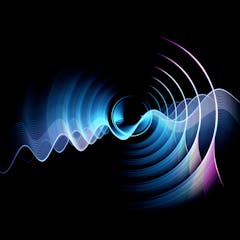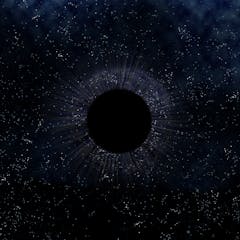
Articles on Particle physics
Displaying 1 - 20 of 86 articles

The US, Europe and China are all planning particle colliders that would study the Higgs boson.

During a walk in the Scottish Highlands, one of the greats of particle physics had the idea of a lifetime

A new measurement of gravity at small scales hints at an alternative to billion-dollar experiments for the future of physics.

The universe is expanding faster than physicists would expect. To figure out what processes underlie this fast expansion rate, some researchers are first trying to rule out what processes can’t.

Physicists uncovered a new experiment hidden in old data from the Large Hadron Collider. Using this innovative approach, the team has unlocked an entirely new way to study quantum physics.

It seems there isn’t a sci-fi part if the universe in which everything is made of antimatter.

New measurement of wobbling muons back up previous findings – potentially challenging the Standard Model of Particle Physics.

To detect dark matter, you need to build an ultra-sensitive detector and put it somewhere ultra-quiet. For one physics collaboration, that place is almost a mile under Lead, S.D.

Neutrinos are some of nature’s most elusive particles, but new research has used them to create an image of our own galaxy.

For decades physicists have argued over the nature of the elusive dark matter that pervades the Universe. A clever new study uses gravitational lensing to bring new evidence to the debate.

A new particle accelerator has just begun operation. It is the most powerful accelerator of its kind on Earth and will allow physicists to study some of the rarest matter in the universe.

A multitude of experiments have shown the mysterious phenomena of quantum mechanics to be how the universe functions. The scientists behind these experiments won the 2022 Nobel Prize in physics.

Recent discoveries have led to an alphabet soup of particles.

The Matter of Everything is a partial account of the history of physics, which leaves out a lot, including the story of some key women scientists.

Regular matter makes up just one-sixth of all the matter in the universe. What would it mean to finally understand what makes up the rest?

Studying the properties of the Higgs boson could throw up some shocking truths about the nature of reality.

A series of thrilling research means physicists may have to start inventing brand new physics.

A decadelong experiment produced the most accurate measurement yet of the mass of W bosons. These particles are responsible for the weak force, and the result is more evidence for undiscovered physics.

Physicists know a lot about the most fundamental properties of the universe, but they certainly don’t know everything. 2021 was a big year for physics – what was learned and what’s coming next?

A new result from the MicroBooNE neutrino experiment has dashed hopes for a neat resolution to several puzzles for physicists.
